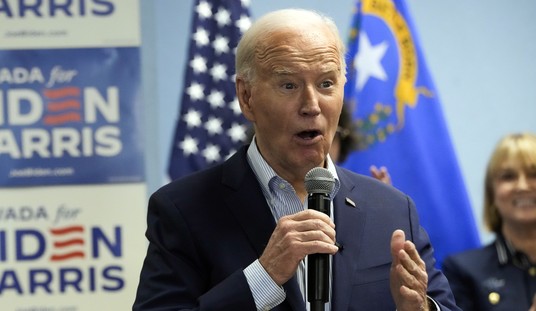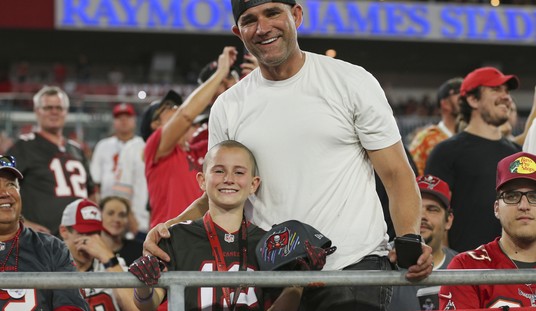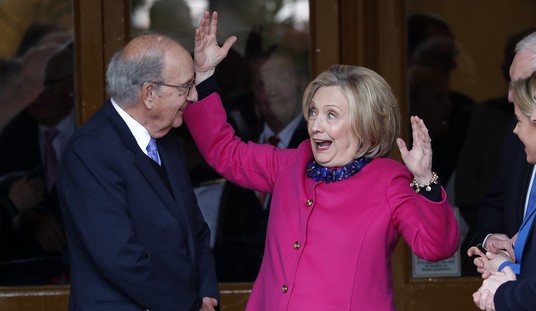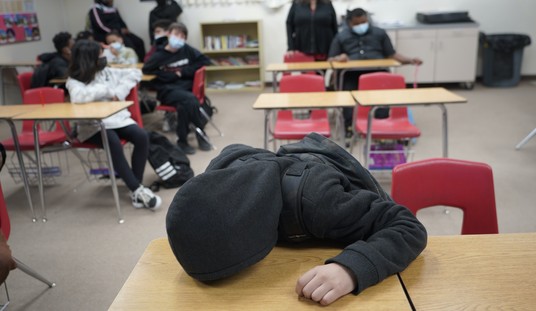Myanmar may start to get the attention it deserves for its dishonorable behavior and attempts at cover-ups.
Human rights attorney Amal Clooney recently joined the legal team of two Reuters journalists who were jailed in Myanmar for “possessing confidential government documents.” The arrests of the two reporters — a government attack on press freedom and an attempt to contain information regarding the military’s activity — is the latest evidence of wrongdoing by Myanmar.
Reuters journalists Wa Lone, 31, and Kyaw Soe Oo, 28, were investigating the deaths of 10 Rohingya Muslim men, and their subsequent burial in a mass grave, when Burmese authorities arrested the two reporters in December. Pre-trial hearings began in January as prosecutors sought to file charges under the Official Secrets Act, which carries a maximum penalty of 14 years in prison.
Clooney’s office released the following statement on Thursday, March 29:
Wa Lone and Kyaw Soe Oo are being prosecuted simply because they reported the news. I have reviewed the case file and it is clear beyond doubt that the two journalists are innocent and should be released immediately.
Earlier today, the legal team for the two reporters asked a judge to dismiss the case, pointing to a lack of sufficient evidence.
Hopefully the addition of Clooney, who is married to Hollywood actor George Clooney, will bring more attention and scrutiny to the reporters’ plight, as well as to Myanmar itself and its ongoing ethnic and religious persecution.
Myanmar (as it has been known since the ruling military junta changed the country’s name from Burma in 1989) has a significant Muslim minority. Its largest Muslim group is the Rohingya people, who have also been the recipient of significant persecution by the country’s military regime.
After Rohingya insurgents attacked Burmese security posts in October 2016, the Myanmar military brutally struck back at Rohingya civilians. In the year and a half since the violence began, thousands of Rohingya civilians have been killed, while an estimated 700,000 have fled across the border to seek refuge in Bangladesh.
Burmese soldiers burn down villages, rape the women they find, and shoot civilians indiscriminately.
In early February, the U.N. special envoy on human rights in Myanmar announced that the situation in Myanmar possesses “the hallmarks of a genocide,” and the UN later released a humans rights report on the treatment of the Rohingyas:
According to the testimonies gathered, the following types of violations were reported and experienced frequently in that area: Extrajudicial executions or other killings, including by random shooting; enforced disappearance and arbitrary detention; rape, including gang rape, and other forms of sexual violence; physical assault including beatings; torture, cruel, inhuman or degrading treatment or punishment; looting and occupation of property; destruction of property; and ethnic and religious discrimination and persecution…
The testimonies gathered by the team – the killing of babies, toddlers, children, women and elderly; opening fire at people fleeing; burning of entire villages; massive detention; massive and systematic rape and sexual violence; deliberate destruction of food and sources of food – speak volumes of the apparent disregard by Tatmadaw and BGP officers that operate in the lockdown zone for international human rights law, in particular the total disdain for the right to life of Rohingyas.
Unfortunately, it is difficult to accurately assess the extent of the situation in Myanmar because it has refused to allow international officials and investigators full access to the country.
The current state of Myanmar is made all the more shocking and disappointing because of the background of Myanmar’s civilian leader: Aung San Suu Kyi is the leader of the National League for Democracy and the State Counsellor of Myanmar — as well as a Nobel Peace Prize laureate. And yet, she has seemingly sat by while a humanitarian crisis and possible ethnic cleansing ravaged the country she leads.
Aung San Suu Kyi had been the 2012 recipient of a prestigious humans rights award named after Holocaust survivor Elie Wiesel and presented by the United States Holocaust Memorial Museum, for “enduring 15 years of house arrest for taking on the military dictatorship in Myanmar.”
However, last month, the Museum rescinded the award, due to Suu Kyi’s failure to “condemn and stop the military’s brutal campaign and to express solidarity with the targeted Rohingya population.”
According to the Museum’s official declaration, Suu Kyi and her political party have “refused to cooperate with United Nations investigators, promulgated hateful rhetoric against the Rohingya community, and denied access to and cracked down on journalists trying to uncover the scope of the crimes in Rakhine State.”
The Museum acknowledges that Suu Kyi’s power may be tenuous and her position precarious, due to “confronting decades of military misrule and violence in [her] country and that institution’s still powerful constitutional role.”
But while Suu Kyi refuses to acknowledge the military’s brutal campaign or her role in presiding over it, Burmese authorities continue to downplay the violence and even insist no mistreatment or harm has occurred — even as the Rohingya people are systematically targeted and attacked.
This article has been updated to correctly describe the January pre-trial hearings.
The views expressed here are those of the author and do not represent those of any other individual or entity. Follow Sarah on Twitter: @sarahmquinlan.












Join the conversation as a VIP Member